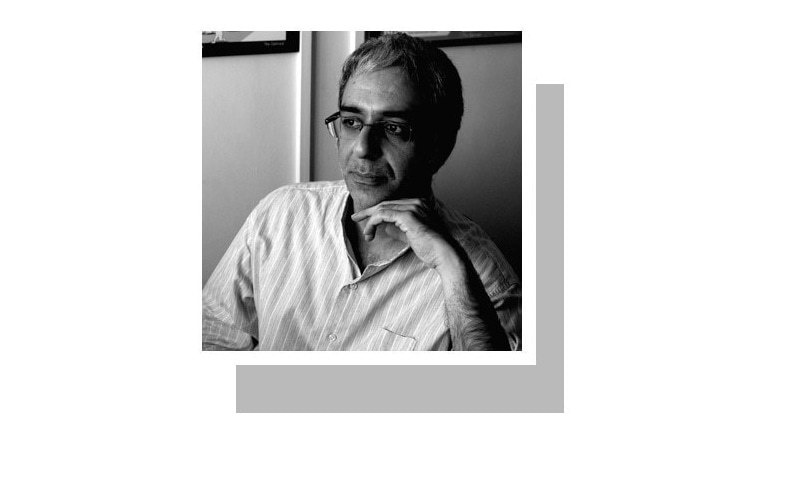
THOSE familiar with zen meditation will know what a koan is. For the rest of us: a koan is a riddle or puzzle that Zen Buddhists use during meditation to help them unravel greater truths about the world and about themselves.
What is the sound of one hand clapping? If a tree falls in the forest and no one is there to hear it, did it make a sound? These aren’t really meant to be solved or answered, as the very act of focusing on the question is in fact the goal. Or at least that’s what these zen-mongers say.
Recently, Pakistani media posed a koan of its own: if an accident takes place and no channel covers it, did it still happen?
Case in point: on April 28, a stage on which the audience was seated collapsed during the recording of an Eid programme by a TV channel in Islamabad. Over 100 people were injured, some severely, and at least one woman lost her life due to injuries sustained in the incident.
What caused the electronic media to hold back?
As a disaster it was unremarkable when compared to the others that routinely take place, but what was indeed remarkable was the way it was reported on the TV news. By which I mean that it was not reported.
At all. Okay, one channel did run two vague tickers that quickly disappeared, and small news items did appear in some newspapers, but on the usually breaking-news-hungry screens there was absolute and utter silence.
Now one could argue that the news just wasn’t big enough to merit coverage, but then this is an industry with such strict editorial oversight and stellar news sense that it that can cut to breaking news if a politician has his slippers stolen at a mosque, can cover rumours about what sort of sandal Imran Khan is having made for himself, can keep Qaim Ali Shah’s dinner menu as a top headline and can cover Veena Malik’s impending divorce with the same zeal and unstinting dedication as other countries’ media would cover a national election.
I don’t buy that excuse, and neither should you. And the victims aren’t buying it either: a press release issued by the affectees asks why the electronic media, which spends hours giving coverage to tweets, completely ignored them for 10 days at how many should have died for electronic media to find their ordeal newsworthy?
Another excuse trotted out is that since there were no TV cameras at the scene, reporting wasn’t possible. But that too is debatable; electronic media has found ways to report on bomb blasts that haven’t actually taken place, and anyone with an iota of knowledge about the way TV works knows that there are ways of providing coverage even when you don’t have the visuals at hand.
What then caused the electronic media to hold back? Was it because one of their own was involved? That’s implausible, because the hate channels have for each other is legendary and well-documented. Channels that have launched blasphemy and treason accusations at each other won’t suddenly develop a sense of brotherhood, a kind of TV version of Omerta.
The only other plausible reason is that the providers of the venue are major advertisers, and that the headline is ultimately subservient to the bottom line.
But let’s leave aside questions of humanity and media ethics and approach the problem purely from a practical public relations perspective. Had the channel in question simply reported the accident and reached out to the victims, which apparently it did not, it would have turned a disaster into something close to a PR victory.
But here’s the thing; you can’t really suppress news anymore and, sure as day follows night, what the mainstream media did not report, social media went on to expose.
People who had been affected or knew people who had been injured went on to post their stories online, footage shot from mobile phones was uploaded and questions were asked as to why this incident was so wilfully ignored.
The lack of real reporting led to massively inflated casualty reports of as high as 40 dead, and the furore soon became so great that it had to be noticed and, one by one, talk shows were forced to take notice. And then, as if by magic, the channel in question started contacting victims and offering compensation.
The lesson to be learned here is that the more you try and suppress something, the more it will bite you back. For a media industry that already struggles with its image and has serious questions asked about its credibility, it was a disaster of major proportions. So yes, if a tree falls in the forest and you try to pretend you didn’t hear the sound, you are the ones who will feel the axe.
The writer is a journalist.
Twitter: @zarrarkhuhro
Published in Dawn, May 15th, 2017












































